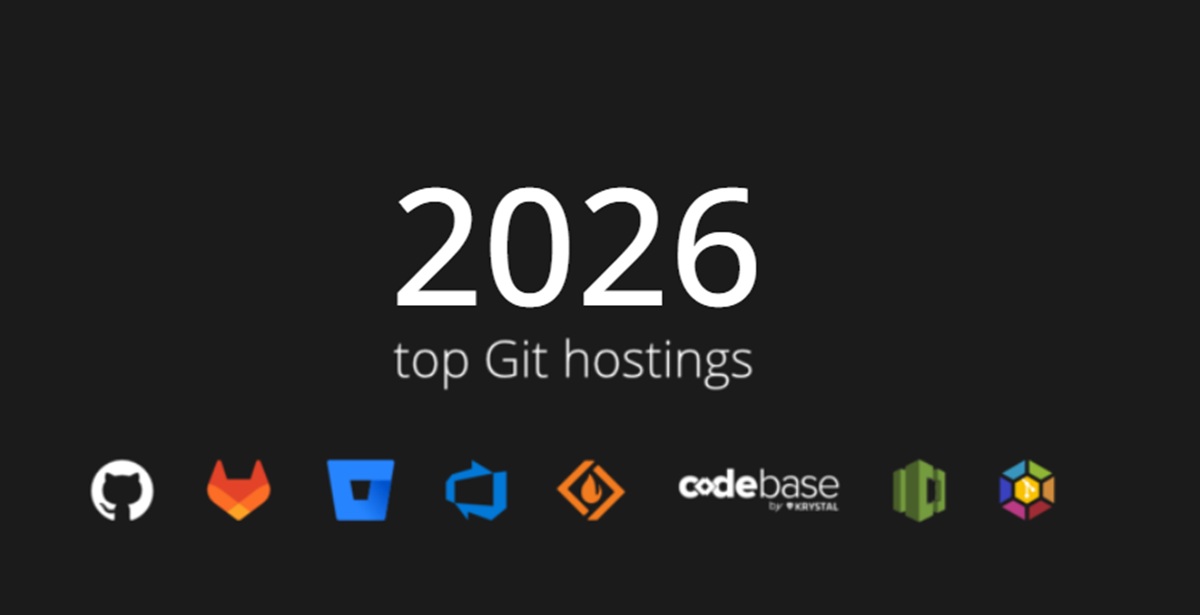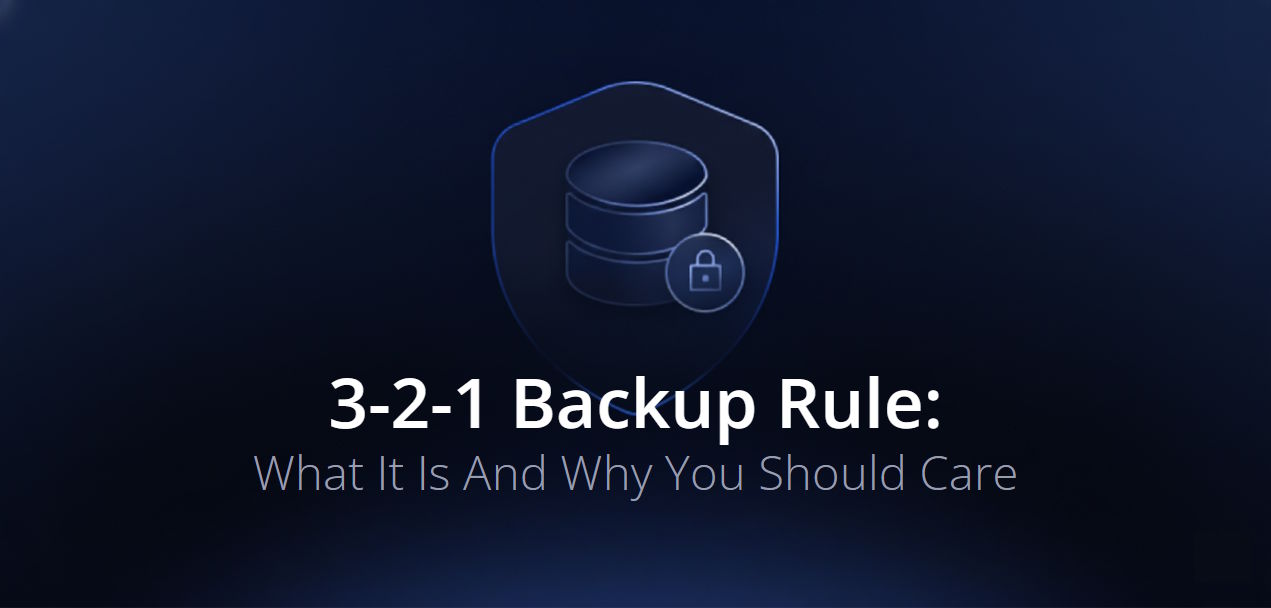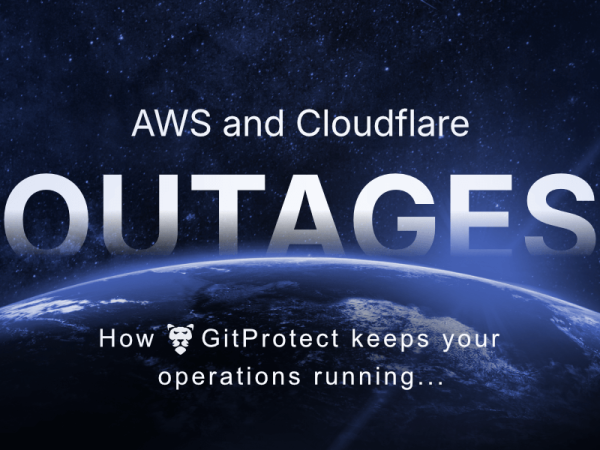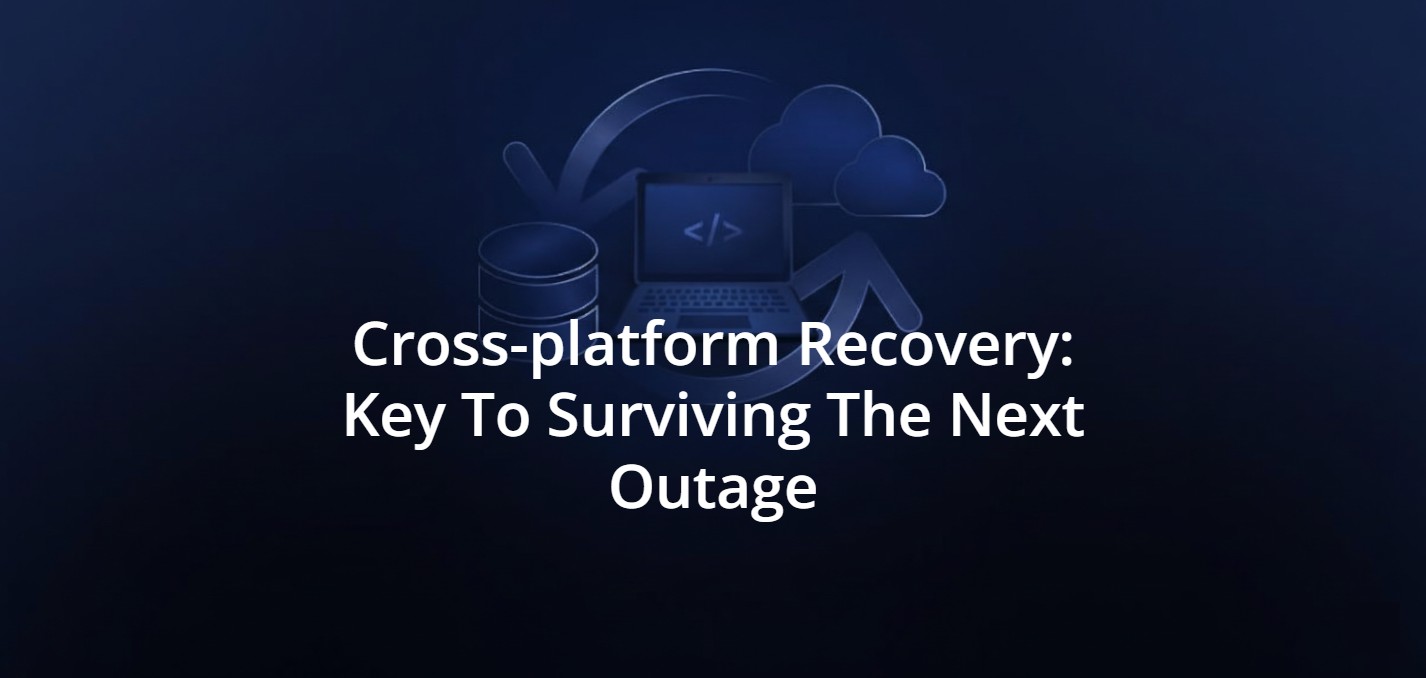
DevOps Pillars – Top 15 DevOps Principles for 2026
DevOps has become an important practice for companies looking to efficiently meet customers’ expectations, accelerate software delivery, and optimize resources. Companies that embrace the DevOps culture can smoothly merge their development and operations teams, resulting in faster releases and better development.
As everything is constantly developing, companies need to understand the fundamental ideas and pillars of DevOps, how to use them properly, as well as new trends to keep up with the competition. Keep reading this article to get to know the top 15 DevOps principles for the new year.
#1 Automation
The DevOps methodology emphasizes automation as a core concept since it enables teams to operate more quickly and accurately. This includes automating not only builds and deployments but also testing and infrastructure provisioning to increase efficiency.
Successful development teams may focus on more essential work and deliver software faster by automating manual and tedious tasks. Automation tools also help to guarantee that software is provided regularly and with as little human interaction as possible, which may lead to fewer mistakes and higher software quality. What is more, while continuous delivery improves the speed and efficiency of coding and deployment, it also allows development teams to respond to customer needs much quicker.
Check our blog post Automate DevOps – tasks DevOps should automate to understand the benefits of automation in DevOps better.
#2 Data-Driven Decision Making
DevOps teams make decisions based on data, not assumptions. By collecting and analyzing data on everything from customers’ requirements to the performance of their software system, teams can make informed decisions that lead to better software development and happier customers.
For instance, try measuring key performance indicators (KPIs) as they are a useful method to improve decision-making and optimize performance in DevOps processes.
#3 Intelligent Scaling
Smart and secure scaling of applications and infrastructure is one of the important topics for 2026. When growing a business, one cannot forget the biggest intellectual asset of a software company – the source code. Smart scaling allows companies to increase total load capacity while maintaining system performance and stability.
To do this, it is necessary to develop a plan for the changes to be implemented, supervise them at every step, and have the ability to recover in the event of a disaster. Companies can reduce the costs associated with building, maintaining, and deploying applications while ensuring security and stability. So, it is good to note that the DevOps lifecycle puts heavy emphasis on: planning, development, testing, deployment frequency, and continuous monitoring.
#4 Continuous monitoring
Without real-time monitoring, DevOps teams can fail to detect performance issues, infrastructure bottlenecks, and potential security threats. Thus, it’s critical for teams to have it. With continuous monitoring, teams can identify problems early, respond faster, and maintain system reliability, especially in dynamic, collaborative environments where uptime is critical.
#5 Focusing on the highly regulated industries
Another trend for 2026 is the focus on accelerating highly regulated industries. As traditional models fail to keep pace with increasing workloads, companies are looking for new ways to streamline their processes while complying with strict regulations. By implementing automated systems and better tracking mechanisms, companies will be able to accelerate their progress while remaining compliant with regulations.
Let’s take a look from this perspective: development teams work cohesively with operations teams and support the continuous delivery processes. In turn, you get improved efficiency and potentially simplify the shared responsibility throughout the entire development lifecycle, as each team member knows their role and collaboration capabilities.
#6 Focusing on the customer
Beyond the technology itself, DevOps culture also takes into account the needs of the customer. Companies that put the customer first and understand their needs can deliver better software that meets their requirements and adds value. User Experience (UX) should be included in the software development process at the earliest possible stage. This element, too, can be automated using survey or heatmap software.
Involving customers in the SDLC and receiving information using short feedback loops to improve the product and new features is the key factor of the company’s success. This way, you have a customer-centric decision-making process in place by actively “listening” to user feedback. Another thing worth noting is the fact that gathering feedback is also beneficial for the continuous improvement of your organization.
#7 Shift-left Testing
Shift-left testing is a software testing technique that stresses the necessity of testing and quality assurance as early in the software development process as the initial planning. Unlike the traditional software development model, the purpose of shift-left testing is to find and correct errors as early in the development cycle as possible, before they become more expensive, and, consequently, more difficult to fix later.
Shift-left testing became more significant a few years ago, in 2023, and its importance will grow in 2026 as software development becomes more agile and fast-paced. Software is being built and released at a considerably quicker rate than in the past. This implies that there is less time to discover and correct issues. Shift-left testing is here to prevent that. So, when you write code, try to add smaller code changes more frequently through continuous integration for the entire software lifecycle.
#8 Making clouds private
Private clouds have become an important trend that organizations should plan for as the DevOps culture continues to expand. Data centers are vital for businesses seeking to modernize while maintaining security. Enterprises may use private clouds to benefit from standard cloud characteristics such as automated scalability, broad storage capacity, real-time analytics, and data processing without having to maintain their own hardware or infrastructure.
#9 Transforming DevOps Culture with Artificial Intelligence
Artificial intelligence (AI) integration with DevOps is a trend to watch in 2026. AI helps development and operations teams to focus their efforts with more accuracy and agility on more strategic goals. It also has the ability to improve internal organizational procedures, allowing for shorter development cycles and better product launches.
DevOps tools that leverage new technologies of AI systems are generally beneficial for automation in the SDLC and have the potential to boost the efficiency of your DevOps team. However, with the rise of tools leveraging artificial intelligence, more cyber criminals are being attracted. Therefore, communicate to your development and operations teams that any AI usage must be done carefully and get tested as well as evaluated before being added to your DevOps pipeline.
#10 Investing in security
With cyber threats on the rise, investing in security is a top priority for organizations. Development teams need to ensure that safety is an integrated part of the development processes, from code creation to deployment. By investing in security, organizations can protect their infrastructure and data from potential attacks and security breaches. Additionally, a complete DevOps engineer should be educated in security and configuration management to a certain extent. That is to guarantee proper implementation of security measures and adherence to those throughout the entire SDLC.
#11 Backup and Disaster Recovery
Any DevOps culture adoption plans must include backup and Disaster Recovery. With the increased use of automation and cloud services, having a solid backup and disaster recovery strategy is more vital than ever. This comprises frequent backups of all data and applications, as well as disaster recovery testing to guarantee that the company can recover swiftly if an unforeseen failure occurs.
It’s also critical to make sure the disaster recovery process is automated and linked to the CI/CD pipeline, so it’s always up-to-date and ready to go in the case of an emergency. For that reason, you can use tools like GitProtect.io, which can be set to create automatic, immutable backups.
#12 Security at every level
Security is a big concern for many firms, but it is especially important in the DevOps philosophy. With the rising use of automation and cloud services, it is vital to ensure that security is ingrained at all levels of the company. The most important asset of every company and the most precious piece of intellectual property is source code, which must be protected.
It is vital to protect source code via encryption, access controls, and other security measures. Furthermore, security must be included in the CI/CD pipeline to ensure that all code changes are thoroughly tested for security flaws before being sent to production.
#13 Embrace failure as a learning opportunity
Failures are not setbacks, they’re learning moments. Blameless postmortems and incident reviews help teams understand what went wrong and improve continuously. This fosters innovation, continuous learning and psychological safety. This approach encourages teams to experiment, learn from errors, and iterate quickly without blame, fostering innovation. Moreover, psychological safety is a prerequisite for collaboration in DevOps, allowing team members to raise concerns without fear of retribution.
As you know, development, operations and security teams work together to share knowledge and responsibilities throughout the entire software delivery process. An important fact to note is that this collaborative ‘shared responsibility’ approach actually helps with several things.
It is much easier to identify and address issues early on before they make it to any deployment environment. Communicating information regularly across development and operations teams can potentially reduce the risk of errors and, as a result, improve overall software quality. Thus, this collaborative approach, which is built on ‘shared responsibility’, means the entire team, from development to operations, is accountable for the software’s success.
15 #Continuous improvement
DevOps isn’t a one-time transformation, it’s more about a mindset of ongoing enhancement and continuous improvement. Teams continuously evaluate key metrics, workflows, tools, and team dynamics to remove friction and boost performance. Regular retrospectives, KPI reviews, and experimentation drive incremental improvement. Proper CI/CD can result in better and more effective deployment frequency.
CI/CD
In software development, planning future improvements or optimizations is always a good idea. However, apart from continuous improvement, there’s one more thing. Once you successfully implement DevOps practices, you can take advantage of continuous integration.
💡 Continuous integration and continuous improvement are not the same thing. The former is a part of CI/CD – widely used by DevOps teams, while the latter is more of a philosophical approach emphasizing ongoing, incremental refinement of a product or a service.
In a DevOps lifecycle, development teams must have a holistic understanding of any new features, live monitoring strategies as well as operating systems, relevant programming languages and the software system. This way your development team can regularly merge the code changes they made into the main repository and in turn allow a much quicker deployment cycle.
Source code protection with GitProtect.io
In order to safeguard their intellectual property, more businesses are resorting to specialist solutions as source code security becomes more and more essential. GitProtect.io is one of those tools. It is a comprehensive and easy platform for protecting source code in Git repositories. It has features like automated backups, access control, AES encryption, and ransomware protection, restore and Disaster Recovery, so companies can simply safeguard their source code, repositories and metadata, guaranteeing that they will always be accessible in case of an externally-caused emergency or an internal human error.
GitProtect.io is unquestionably worth exploring if you want to take your DevOps approach to the next level in 2026.
Summary – DevOps teams in 2026
DevOps has become a must-have practice for organizations looking to optimize resources, accelerate software delivery, and efficiently meet market demands. By understanding and implementing key DevOps principles, companies can succeed in the future. Automation, shift-left testing, and security are the key DevOps principles that enterprises must focus on to succeed in 2026. A key takeaway is that successful development teams and secure DevOps processes are crucial in order to introduce effective DevOps principles into an organization.
If you are looking to put these DevOps principles into practice or transition into the field, exploring part-time job opportunities for DevOps can be a great way to gain experience.
[FREE TRIAL] Ensure compliant DevOps backup and recovery with a 14-day trial 🚀
[CUSTOM DEMO] Let’s talk about how backup & DR software for DevOps can help you mitigate the risks






